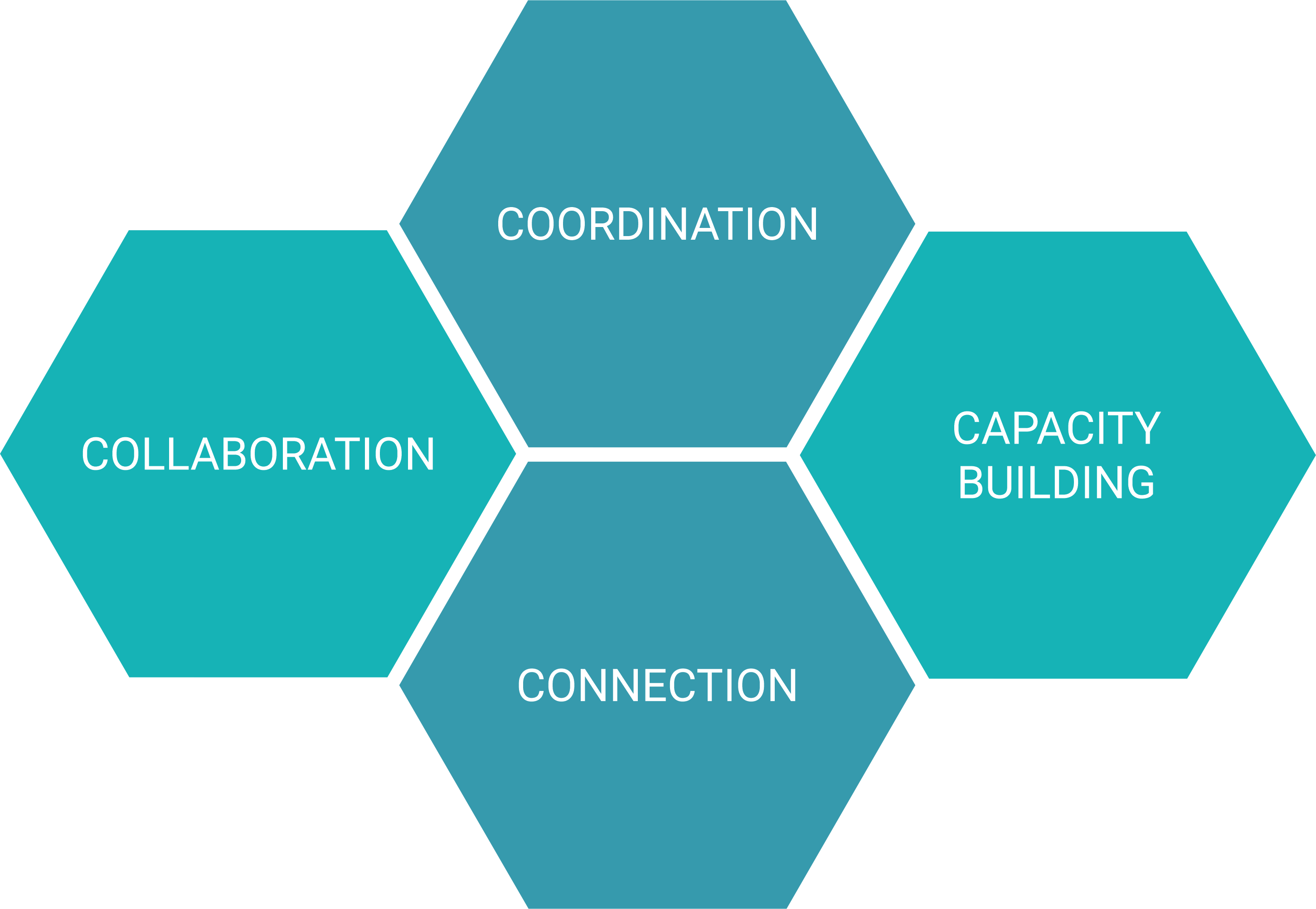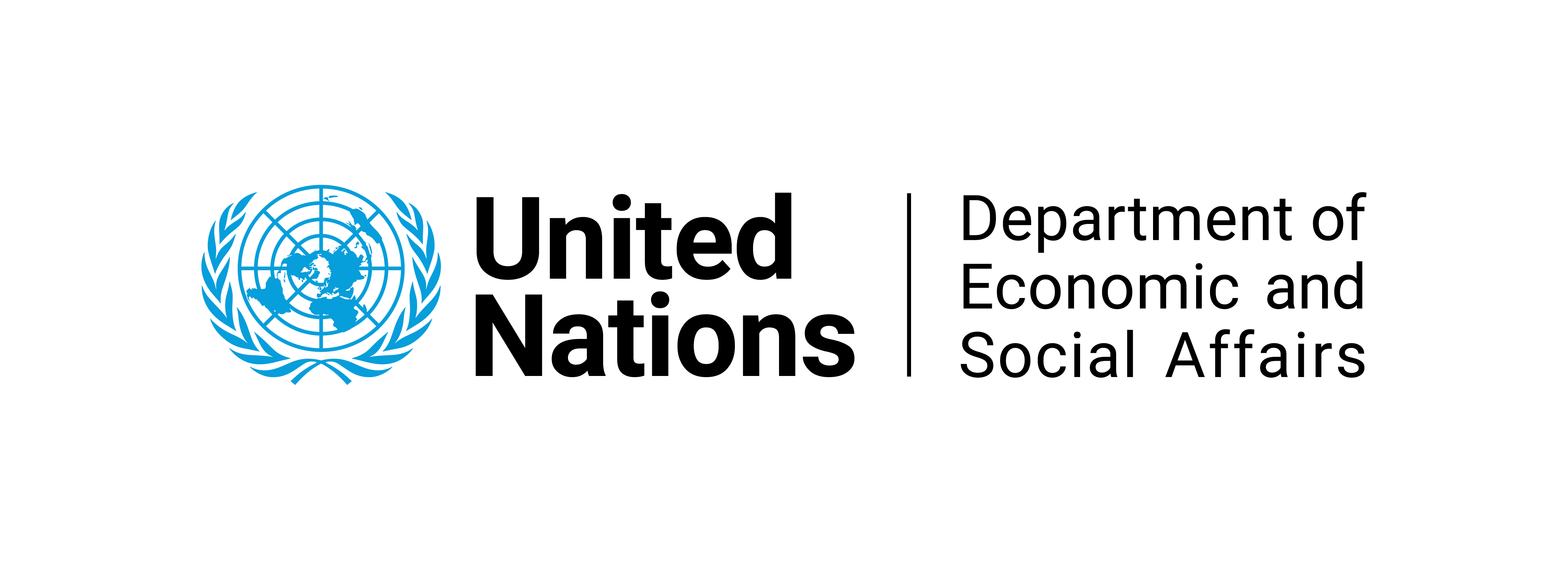17.14 SDGs-related forums that facilitate cooperation#
Cooperation and capacity development for the implementation of the SDGs indicator framework are guided and facilitated by key groups and forums:
Interagency and Expert Group on SDG Indicators (IAEG-SDGs);
High-level Group for Partnership, Coordination and Capacity-Building for statistics for the 2030 Agenda for Sustainable Development (HLG-PCCB);
Regional Forums for Sustainable Development (🔗).
17.14.1 Interagency and Expert Group on SDG Indicators (IAEG-SDGs)#
The UNSC created the Inter-agency and Expert Group on SDG Indicators (IAEG-SDGs) at its 46th session to develop and implement the global indicator framework for the Goals and targets of the 2030 Agenda. The Group is composed of Member States and includes regional and international agencies as observers.
The global indicator framework was developed by the IAEG-SDGs and agreed upon, including refinements on several indicators, at the 48th session of the United Nations Statistical Commission. The indicator framework was subsequently adopted by the General Assembly on 6 July 2017 and is contained in the Resolution adopted by the General Assembly on Work of the Statistical Commission pertaining to the 2030 Agenda for Sustainable Development (A/RES/71/313).
The group’s current terms of reference can be found here and its current members are listed here.
The IAEG-SDGs has three working groups to address specific areas relevant to SDG indicator implementation. The groups address the Statistical Data and Metadata Exchange (SDMX), Geo-spatial information, and Development support. In addition to IAEG-SDGs members, the Working Groups include countries that are not members of the IAEG-SDGs, international organizations, civil society, academia and the private sector. The terms of reference of the working groups are found in the links below:
Working Group on Geo-spatial Information (🔗);
Working Group on SDMX (🔗);
Working Group on Measurement of Development Support (🔗).
Further information on the work of the IAEG-SDGs. Including outcomes of meetings and consultations can be found here.
17.14.2 High-level Group for Partnership, Coordination and Capacity-Building for statistics for the 2030 Agenda for Sustainable Development (HLG-PCCB)#
At its forty-sixth session, the UNSC created the High-level Group for Partnership, Coordination and Capacity-Building for statistics for the 2030 Agenda for Sustainable Development (HLG-PCCB). HLG-PCCB was tasked to provide strategic leadership in addressing the statistical capacity needs of NSOs in the follow-up and review of the implementation of the 2030 Agenda and the SDGs indicator framework. To achieve this, the HLG-PCCB coordinates closely with the IAEG-SDGs. To facilitate the exchange, the co-chairs of each group are included in each other’s meetings to share updates and connect the work of these two UNSC bodies. The group’s current terms of reference can be read here.
The HLG-PCCB consists of the chief statisticians from 22 national statistical offices (NSOs) representing the continental regions of the World (5 from the Asia and Pacific region, three from Northern Africa and Western Asia, five from Northern America and Europe, five from Latin America and the Caribbean and four from Sub-Saharan Africa), with the chair of the UNSC as an ex-officio member. Current members are listed here.
As mentioned earlier, the HLG-PCCB launched the CTGAP at the first UNWDF to address the key data and statistical capacity needs of NSS. The UNWDF, now held every two years, under the leadership and guidance of the HLG-PCCB continues to be a primary mechanism to engage the wider data ecosystem to discuss expanding capacity needs, foster partnerships and cooperation (both intergovernmental and public-private) and showcase potential solutions. To provide a more routine mechanism to discuss these issues, the HLG-PCCB meets up to three times a year outside of the UNWDF cycle.
More information on the HLG-PCCB, including outcomes of meetings, can be read here.
Box 15: The Global Network of Data Officers and Statisticians
The Global Network of Data Officers and Statisticians (🔗) is a global professional network for statisticians, data officers, data scientists and geospatial information experts of national statistical systems (NSSs), UN System entities, and other international and regional organizations. It is a facilitated professional online social community – hosted on the Yammer platform – which aims to help national governments build resilient and sustainable national data and information systems for the full implementation of the SDGs through collaboration, knowledge-sharing, networking, and technical support.

The main objectives of the Global Network are:
Improve coordination and collaboration between and among NSSs, Resident Coordinator Offices / UN Country Teams, UN entities, and international and regional organizations, as well as within regions (via the Regional Commissions).
Connect existing but not necessarily well-connected networks, initiatives, and intergovernmental bodies by providing a single and unique meeting place for the users and entities described above.
The Global Network offers its users:
A community of practice around data and statistics;
Build new partnerships and foster synergies;
Fostered collaboration through the creation of thematic and regional groups;
Information on capacity-building events;
Global Network Webinars in identified fields and to improve communication skills;
Fruitful collaboration between statisticians, geospatial information experts, and Resident Coordinator Offices / UN Country Teams;
Support from a pool of experts;
An organically built knowledge base;
Sharing job and consultancy opportunities;
Provide members with an essential training and resource environment.
17.14.3 Regional forums for sustainable development#
The regional forums for sustainable development, convened annually by the UN regional commissions, are strategically placed on linking the national and global discourse and serving as multi-stakeholder platforms to promote the implementation of the 2030 Agenda. These Forums were set up following the General Assembly resolutions 67/290, 70/1 and 70/299 in which it acknowledged the importance of the regional dimensions of sustainable development; invited the regional commissions to contribute to the work of the High-Level Political Forum on Sustainable Development (HLPF), including through annual regional meetings; and encouraged member States to identify the most suitable regional forum, as a further means to contribute to the follow-up and review at the HLPF.
One of the key outcomes of the regional forums is the endorsement by the member States of SDG Regional Roadmaps. The roadmaps facilitate regional and sub-regional cooperation in the implementation of the SDGs. These roadmaps highlight data and statistics as a key means of implementing and supporting the statistical action plans for capacity development on the SDGs emanating from the respective intergovernmental statistical bodies.
Examples of initiatives for regional roadmaps:
ESCAP: The regional road map for implementing the 2030 Agenda for Sustainable Development in Asia and the Pacific (🔗) was agreed on during the 4th Asia Pacific Forum on Sustainable Development and subsequently endorsed by the ESCAP Member States at the ESCAP’s 73rd Commission Session. The road map identifies priority areas of regional cooperation for implementation of the 2030 Agenda. These priority areas underline the major challenges still faced in the region. Priority actions under the means of implementation for the 2030 Agenda are also identified in the road map, including data and statistics, technology, finance, policy coherence and partnerships.
UNECE: The regional roadmap guides to national statistical offices on producing statistics for SDGs (🔗). It lays out what needs to be done, who the stakeholders are, and the opportunities for cooperation. The Road Map deals with establishing national mechanisms for collaboration, assessing data gaps, developing national indicators, providing data on global SDG indicators, statistical capacity building and communication. The Road Map can be used in communications with other stakeholders involved in implementing SDGs to explain the issues related to statistics for SDGs, and the critical role of official statistics.
The Road Map was developed by the Conference of European Statisticians (CES) Steering Group on Statistics for SDGs, including 17 countries, Eurostat, OECD and UNECE. The Heads of statistical offices of more than 60 countries from UNECE, OECD and beyond approved the Road Map in June 2017.
CARICOM: The Strategic Framework for the CARICOM Regional Strategy for the Development of Statistics (RSDS) is the roadmap to strategically support the Modernisation and Transformation of the CARICOM Statistical System (CSS). This Strategy document results from the extensive work undertaken over several years by the Standing Committee of Caribbean Statisticians (SCCS) and the Caribbean Community (CARICOM) Secretariat.
The RSDS is guided by the five strategic priorities: standards and harmonisation; governance; integrated statistical systems; innovation; and, Advocacy and Communication. Additionally, four strategic drivers or enablers will underscore the strategic priorities: information communication technology geared to driving the solutions to data production; the SDGs; sustainable capacity building; and, gender mainstreaming.
The Heads of Government, the highest decision-making body in the Community, endorsed the CARICOM RSDS at their Thirty-Ninth Regular Meeting in July 2018.
